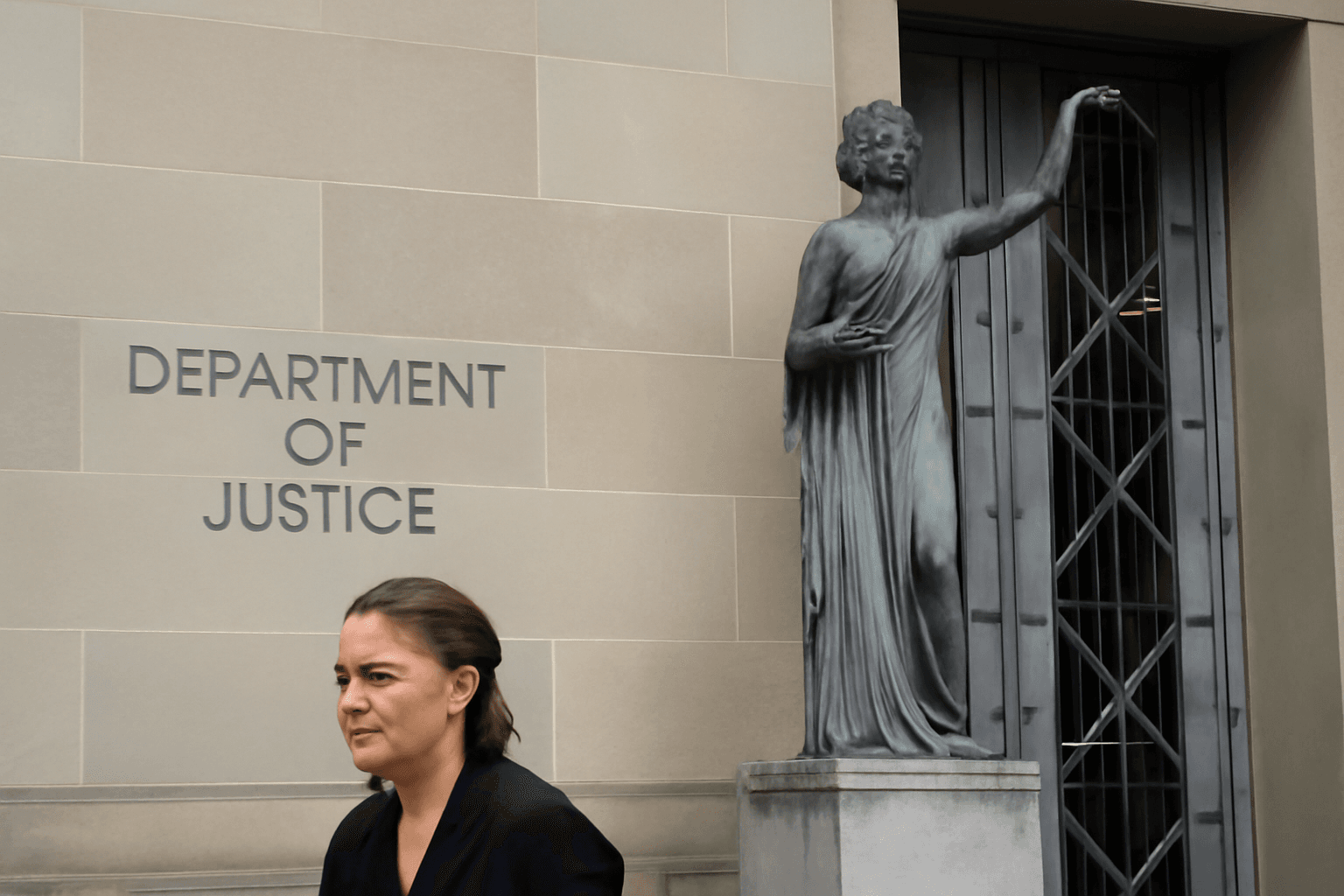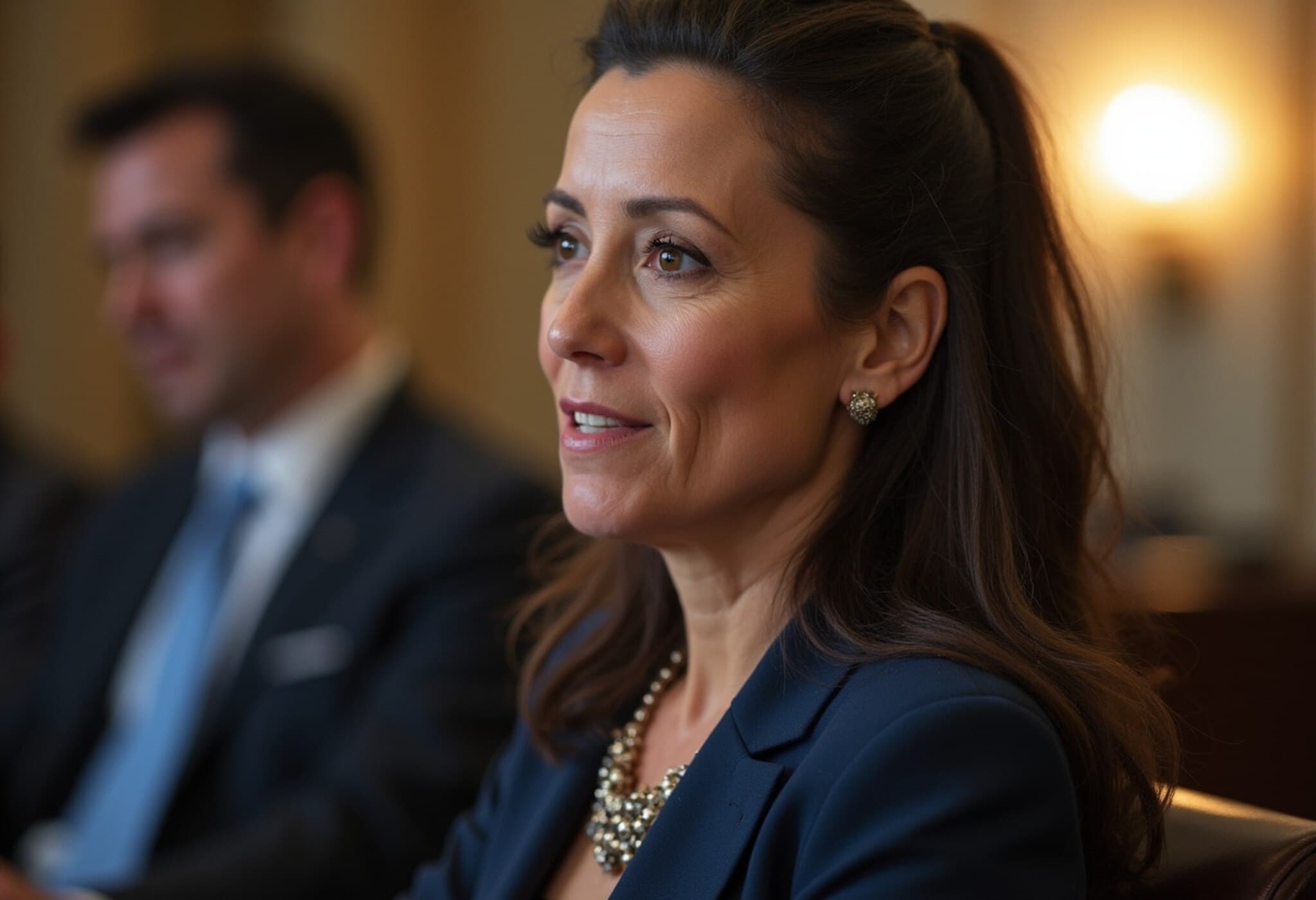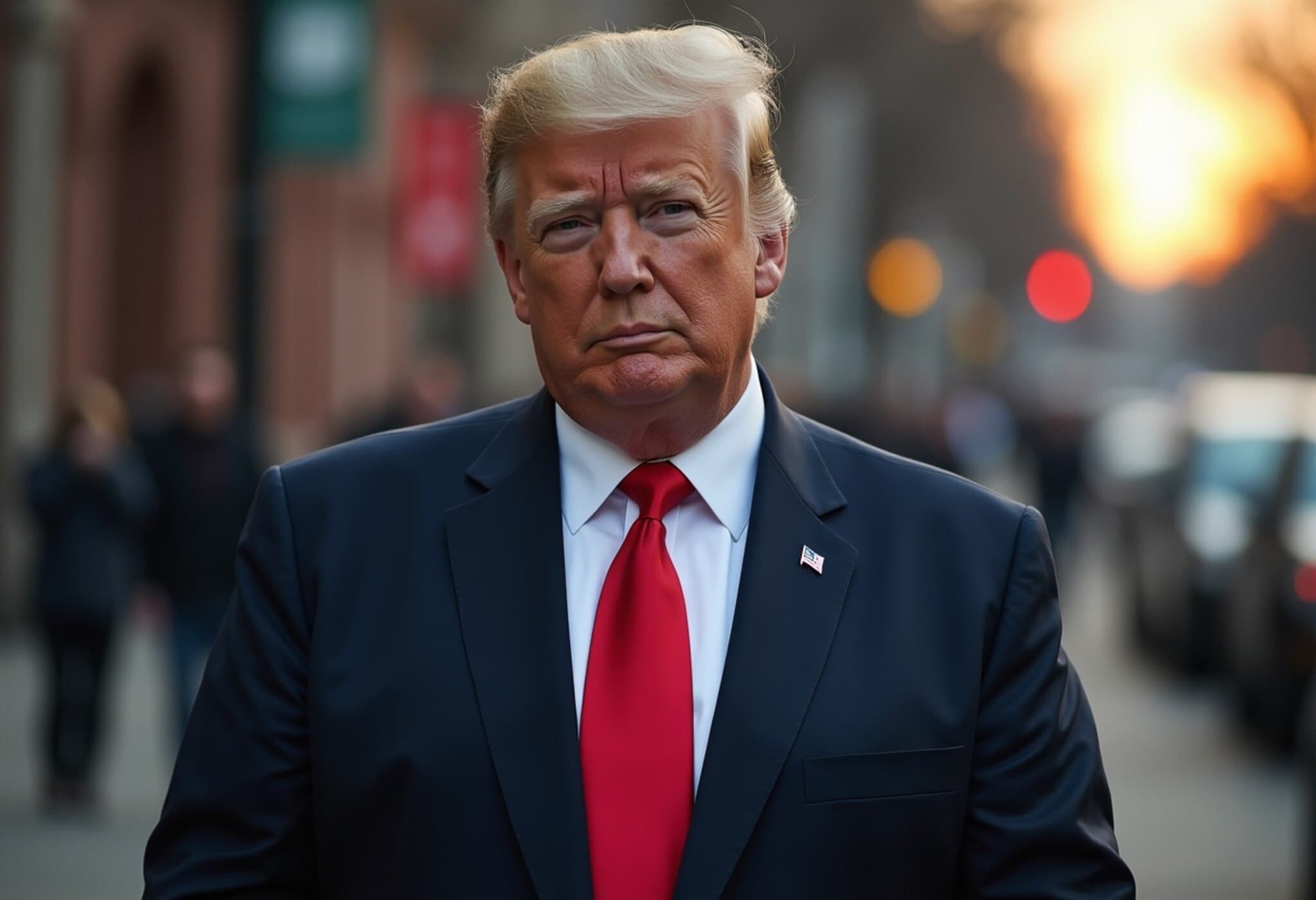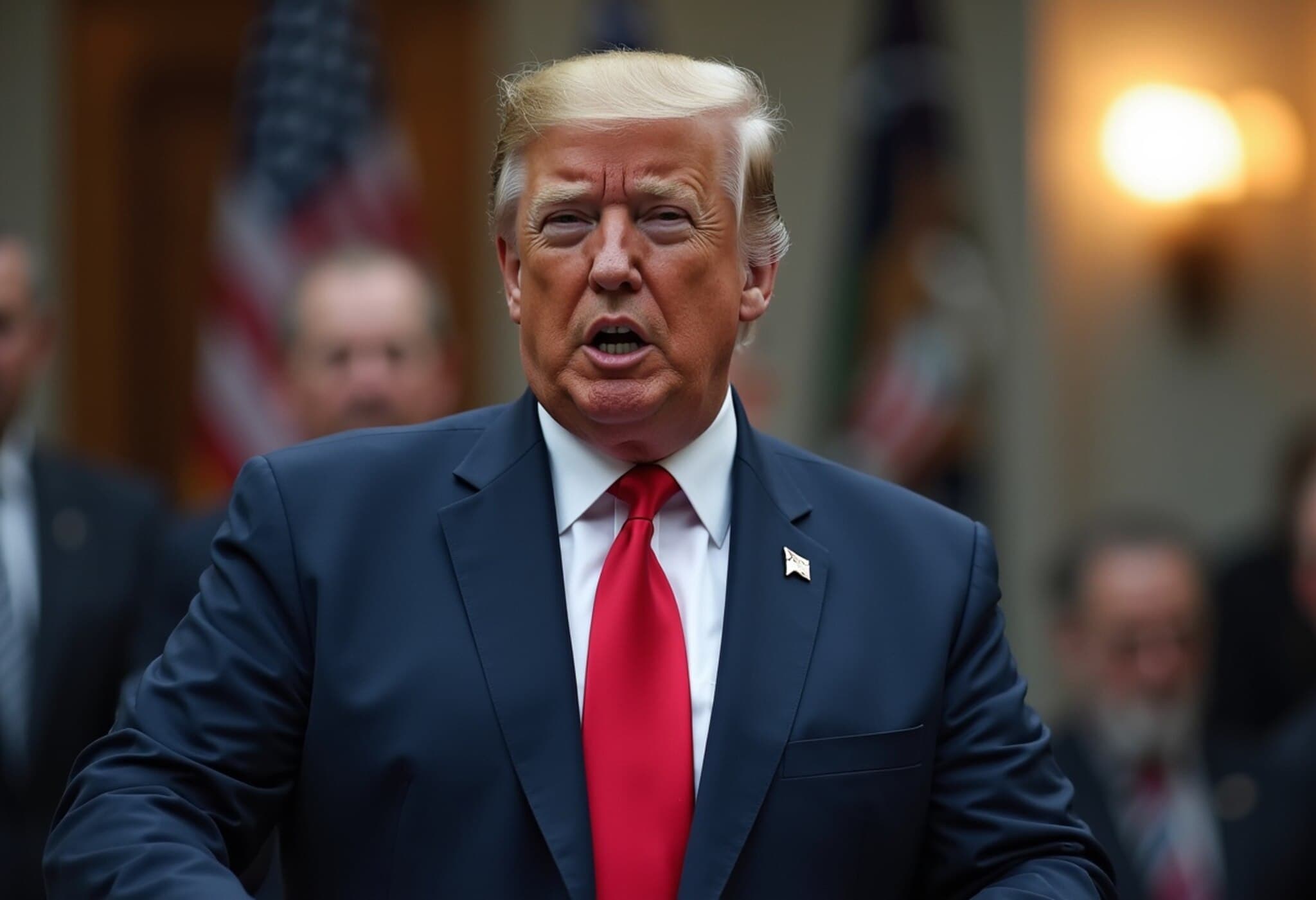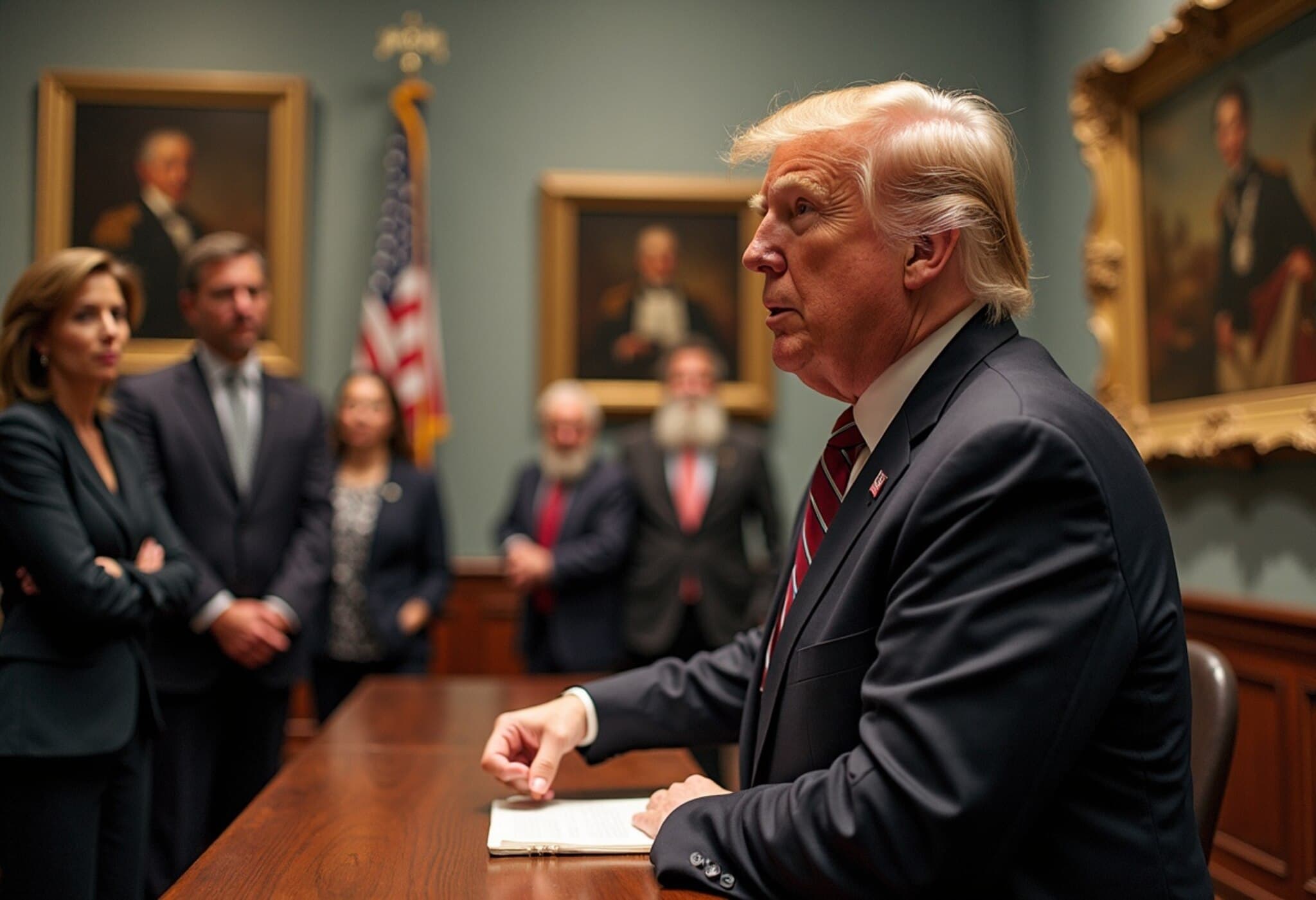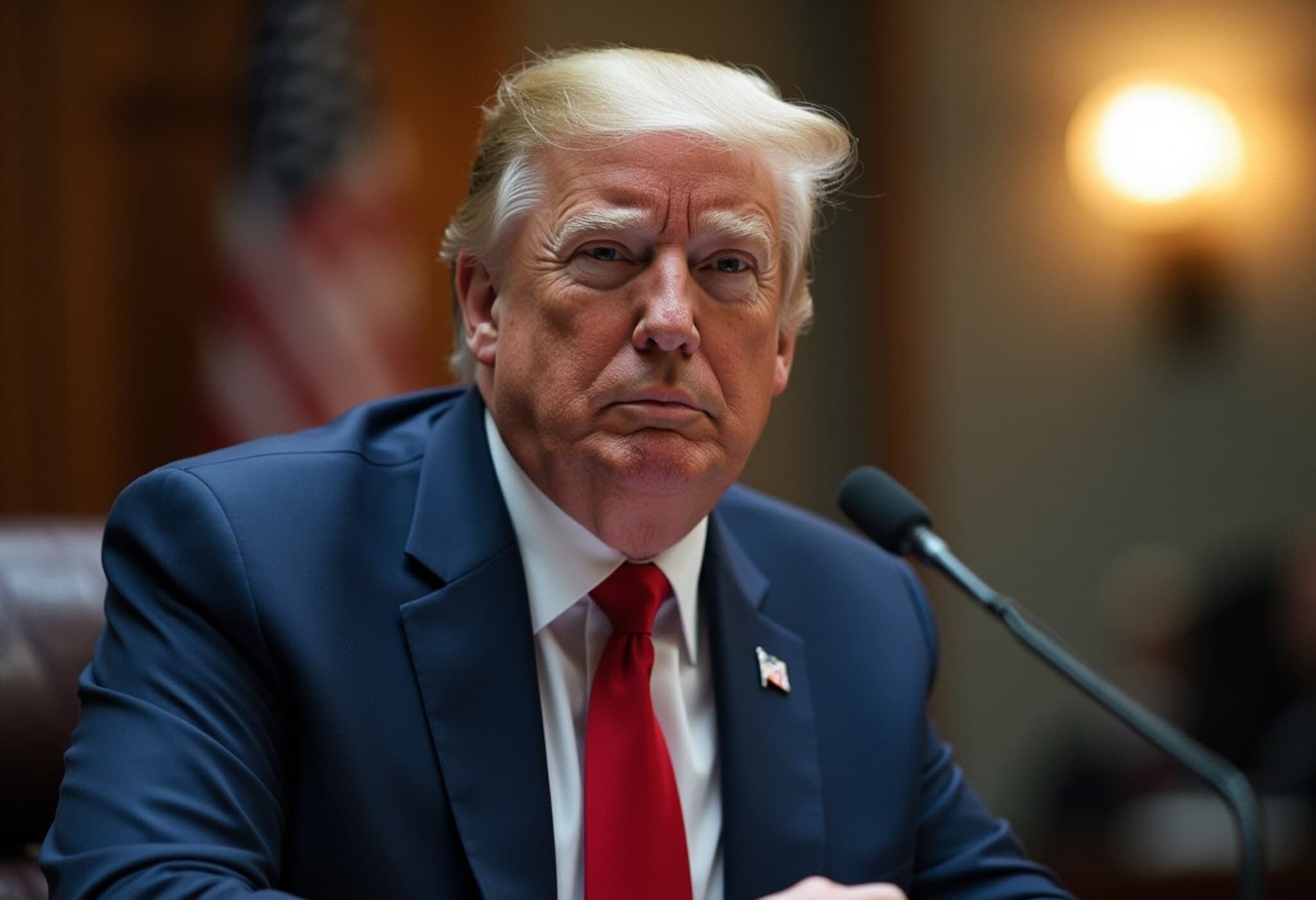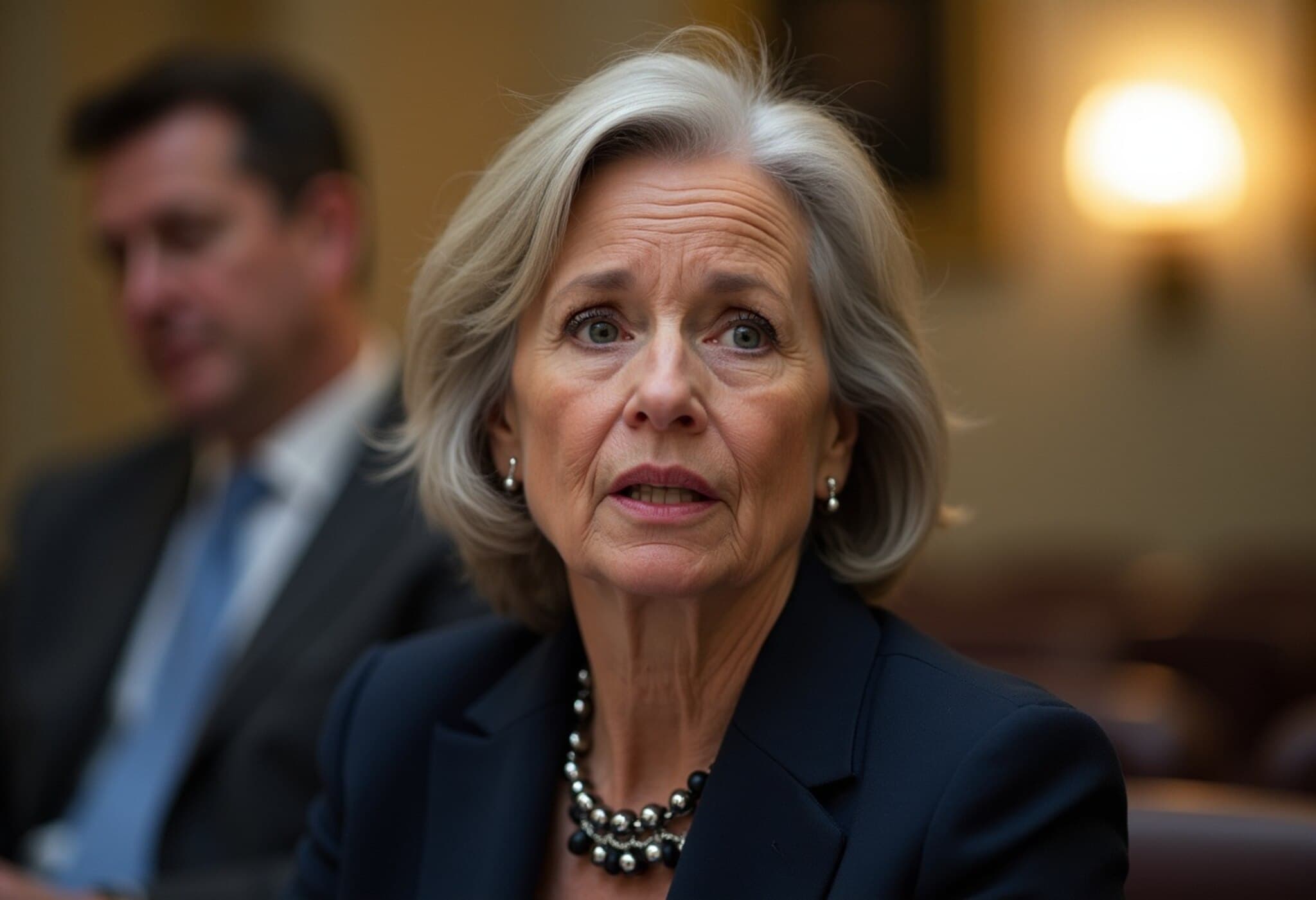Justice Department Initiates Grand Jury Investigation into 2016 Russia Interference Claims
In a highly consequential development, the US Department of Justice has ordered a grand jury inquiry into claims that top officials from former President Barack Obama's administration manipulated intelligence concerning Russian interference in the 2016 presidential election. This investigation, ordered by Attorney General Pamela Bondi, aims to scrutinize whether intelligence was politicized to influence public perception of then-candidate Donald Trump.
The Roots of the Controversy: Russiagate Revisited
Since his 2016 campaign, Donald Trump has consistently dismissed allegations of Russian meddling as a politically motivated 'witch hunt.' Known popularly as the Russiagate controversy, these claims alleged that Russian operatives sought to sabotage Hillary Clinton’s campaign and bolster Trump’s bid for presidency. Yet, no conclusive evidence has proved that these efforts altered the election's outcome.
Now, renewed allegations suggest that intelligence on this interference may have been deliberately skewed or weaponized by Obama-era officials to damage Trump's reputation, sparking fierce debate across the political spectrum.
Declassified Report Spurs New Investigation
The probe gains momentum following revelations by Tulsi Gabbard, former Director of National Intelligence, who declassified a report accusing the Obama administration of orchestrating a "years-long coup" against President Trump. Gabbard contends that the intelligence community was politicized to falsely associate Trump with Russia’s interference.
“New evidence has emerged of the most egregious weaponization and politicization of intelligence in American history,” Gabbard tweeted upon releasing the report.
Her claims have been vehemently denied by Democrats and Obama’s representatives, who dismiss them as baseless attempts to distract from documented Russian interference. A spokesperson for Obama called these accusations "bizarre" and emphasized the harsh reality that the 2017 US intelligence assessment remains credible.
Legal and Political Implications
The department’s decision to convene a grand jury indicates a serious examination of the allegations. Prosecutors have been directed to gather and present evidence, although it remains unclear which officials might face charges, if any. The formation of a dedicated DOJ strike force to assess these claims underscores the gravity of the inquiry.
While the original intelligence community assessment acknowledged Moscow’s effort to interfere, it concluded that the actual impact was limited, without concrete proof altering the election results. Russia has consistently denied any involvement in the 2016 electoral process.
Contextualizing the Investigation in American Democracy
This probe arrives at a fraught moment in US political history, fueling ongoing concerns about the intersection of intelligence, politics, and trust in democratic institutions. Experts warn that politicizing intelligence services can dangerously undermine public confidence and exacerbate partisan divisions.
- Legal experts emphasize the need for impartial, evidence-based proceedings to preserve the integrity of the DOJ and intelligence agencies.
- Political analysts are watching closely to see whether this investigation will impact the upcoming electoral cycles or deepen partisan polarization.
- Media and public discourse remain sharply divided, highlighting the challenge of navigating truth in an era of intense political contestation.
As the inquiry progresses, Americans and observers worldwide await transparency, clarity, and a reaffirmation of democratic norms.
Editor’s Note
This investigation highlights the complex entanglement of intelligence and politics in modern governance. It raises critical questions about the safeguards necessary to prevent misuse of national security apparatus for political ends. How will this grand jury probe impact public trust in intelligence agencies? Could these revelations prompt reforms in oversight or intelligence processes? As the story unfolds, staying informed with balanced, credible journalism becomes vital to understanding the broader implications for US democracy and governance.

